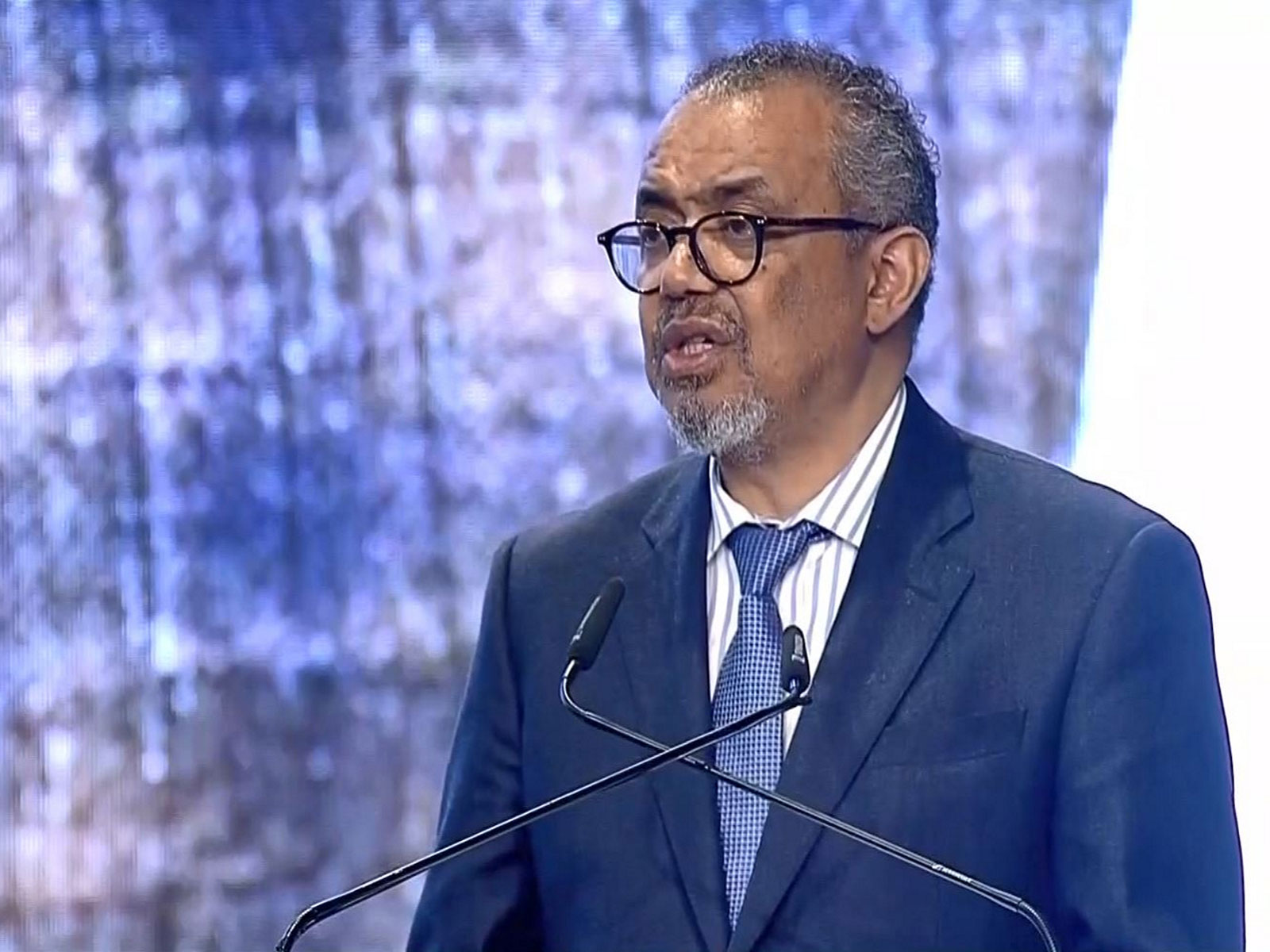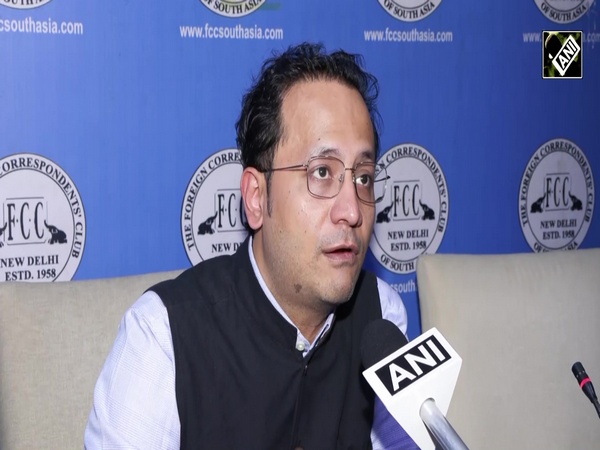Omicron could have 'major impact', but no definitive answers yet: WHO
Dec 09, 2021

Geneva [Switzerland], December 9 : The World Health Organisation (WHO) has shed light on features of the new COVID-19 variant Omicron, including the extent to which it will spread, and the number of mutations in the newfound strain.
The WHO suggests that a new variant could have a major impact on the course of the pandemic, but it's still too early to say for sure.
This was revealed in Wednesday's weekly briefing on the virus from WHO Director-General, Tedros Ghebreyesus, speaking to journalists in Geneva.
The WHO chief highlighted "a consistent picture of the rapid increase in transmission". However, he added that the exact rate of increase relative to other variants remains difficult to quantify.
Despite some data from South Africa suggesting an increased risk of re-infection with Omicron, more data is needed, according to UN news. The variant might also cause milder disease than Delta, but there is no definitive answer yet.
"New data are emerging every day, but scientists need time to complete studies and interpret the results. We must be careful about drawing firm conclusions until we have a more complete picture", Tedros explained.
Amid the global spread of Omicron, Tedros has called on all countries to increase surveillance, testing and sequencing. "Any complacency now will cost lives", he warned.
He further said people everywhere are not defenceless against Omicron, or Delta.
"The steps countries take today, and in the coming days and weeks will determine how Omicron unfolds. If countries wait until their hospitals start to fill up, it's too late. Don't wait. Act now", he said.
Tedros also asked countries to avoid "ineffective and discriminatory" travel bans.
So far, Omicron has been reported in 57 countries, and WHO expects the number to continue growing.


















